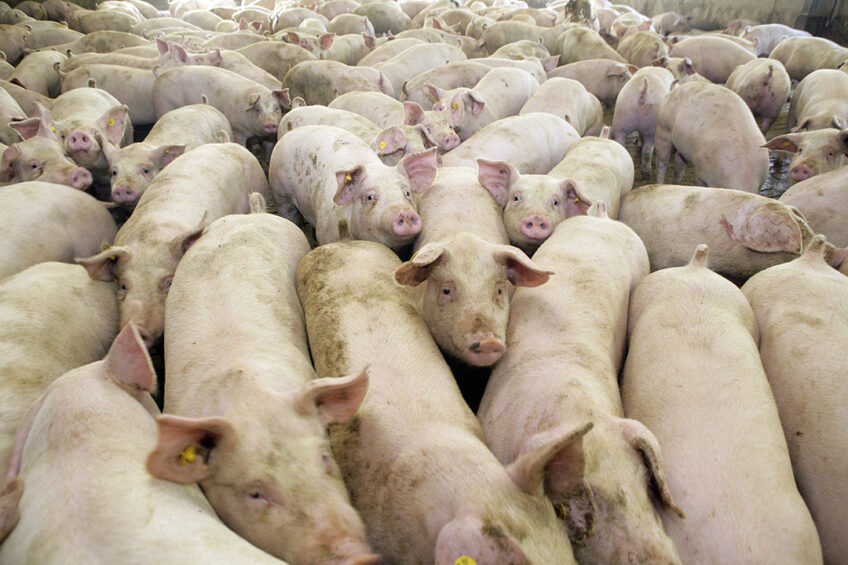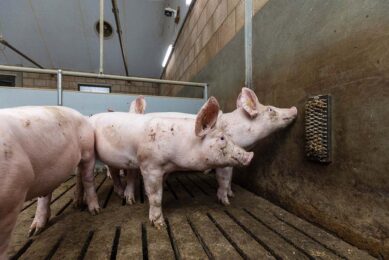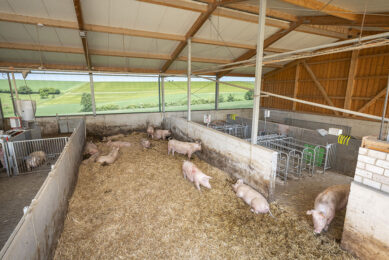Germany braces for a drop in pork production amid soaring costs

In 2022, fewer than 48 million pigs will be slaughtered in Germany – a substantial drop from the 52 million last year. That prediction was made by a spokesperson of the Lower Saxony Chamber of Agriculture (LWK).
Speaking at a recent committee meeting, Dr Albert Hortmann-Scholten said that pig farmers battle rising feed, gas and energy costs. The rise in wholesale prices only partly compensate these costs.
He added that the skyrocketing prices for natural gas on the European market will affect sow farmers. He estimated that production costs will rise with € 8 to € 10 per piglet this year. Not only piglets will rise in costs, a similar fate awaits finisher pigs, broilers and laying hens in Germany, are also all affected by the rising energy bills.
Expensive feed
Dr Hortmann-Scholten, a spokesperson for LWK, said that rising feed prices also put pressure on the farmers who buy feed instead of produce it. “Anyone who buys additional feed can feel how tight the economic situation is. Even with a better pig price of € 2.05/kg in slaughterweight.” This year, he forecasted that pork production in Germany will decline by nearly 7% due to a hike in production costs and low domestic meat consumption.
Low consumption
The EU average meat consumption of 69 kg per capita in 2019 dropped to 67 kg per capita in 2021, Dr Hortmann-Scholten said. He added that Germans only consume 55 kg per capita, 12 kg less than the average EU citizen.
“Germany is at the bottom of the EU members list in terms of per capita meat consumption. Only in Romania and Bulgaria the per capita consumption is lower, standing at 54 and 43 kg respectively,” he said.
In terms of meat consumption, the leaders are Spain, Denmark, and Portugal, with 85, 83 and 81 kg of per capita consumption.
Dr Hortmann-Scholten stressed that while Germany saw its pig population hitting the lowest level in the last 25 years, Spain registered a 5% increase in pig population last year. Still, the upward trend in the Spanish pork production also stopped, due to feed prices.
Call to introduce label of origin
Currently, Germany imports, on average, 11 kg of pork per capita. Dr Hortmann-Scholten said that this situation “undermines quality standards” in the German pork market, and for this reason, German farmers consider the introduction of a label of origin as a critical step.
 Beheer
Beheer








 WP Admin
WP Admin  Bewerk bericht
Bewerk bericht